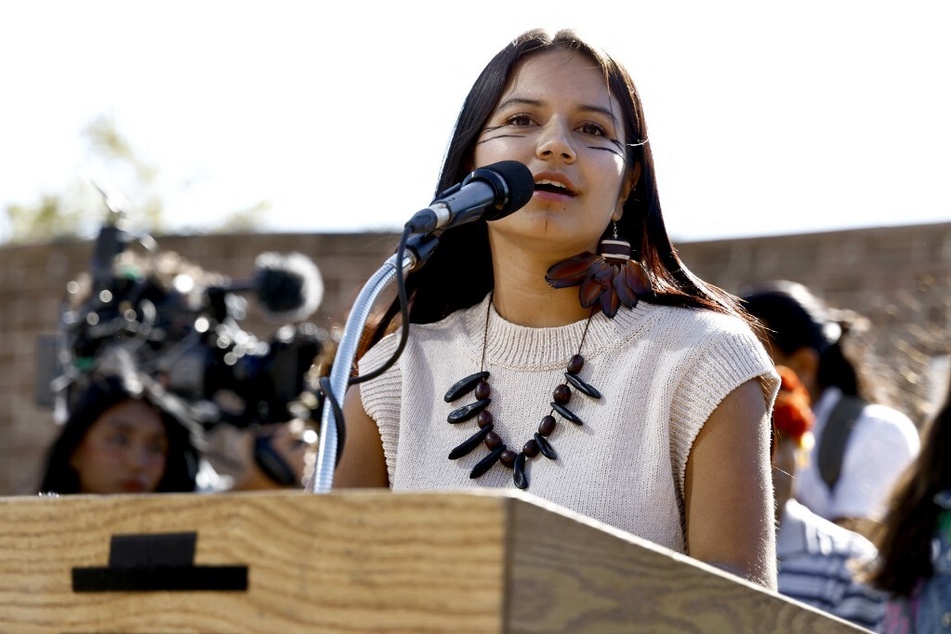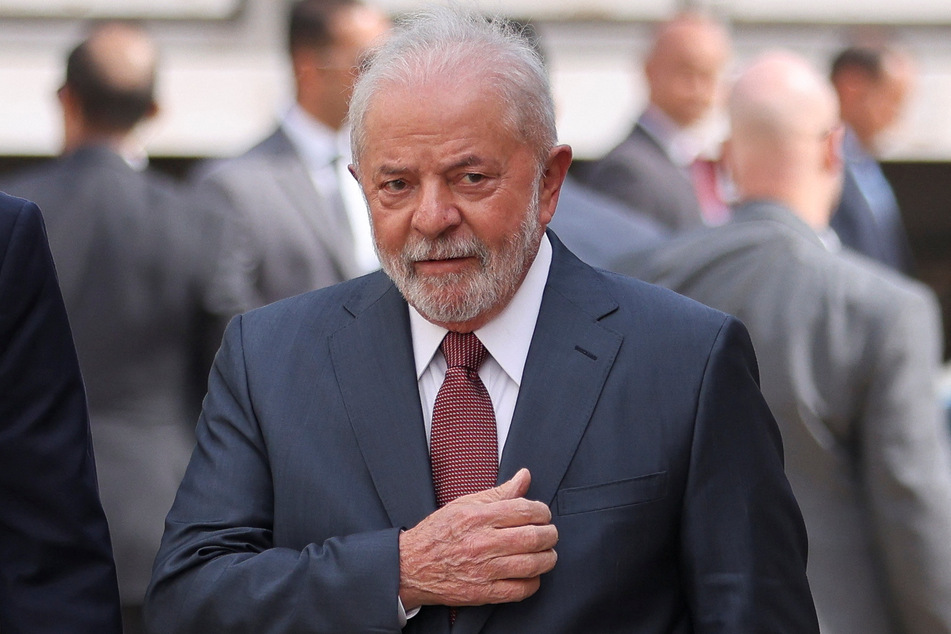COP27: Protect women’s rights to protect Amazon, say Indigenous activists
Sharm el-Sheikh, Egypt - Safeguarding women’s rights in the Amazon is necessary for protecting a region increasingly threatened with deforestation and climate change, Indigenous activists said on the sidelines of a global climate conference in Egypt on Wednesday.

The Amazon spans rapidly developing countries in South America, including Brazil and Ecuador.
The region is famous for its rainforest, which plays a major role in the world's climate. It is also home to about 25% of Earth’s biodiversity and is a primary trapper of carbon dioxide.
Some Indigenous rights campaigners say local women are the main victims of agribusiness and corporate projects in the region, which they blame for damaging ecosystems.
One is Helena Gualinga, an Indigenous climate activist from Ecuador.
"Women are the main custodians of territories such as the Amazon and defenders of land there," she said.
According to her, Indigenous women face threats and violence due to their efforts to protect lands against deforestation and other climate-harming practices.
"So protecting them by guaranteeing their basic rights helps protect the Amazon," Gualinga told dpa.
She said oil and mining companies, supported by governments, are doing business in the region.
This, in her view, puts future of the Indigenous people in the area at stake.
"It’s a future we can’t imagine because of climate change implications."
Indigenous activists in Brazil have hope after presidential election

Taily Terena, an Indigenous rights activist from Brazil, agrees.
"Our region, known as the wetlands of Brazil, used to have a lot of natural floods. But in the last five years, this is not happening any more. The rain season is changing."
Terena sounds upbeat after Luiz Inacio Lula da Silva, a left-leaning candidate, won in Brazil's recent presidential run-off.
Lula, who previously ruled Brazil from 2003 to 2010, promised on the campaign trail to strive for zero deforestation.
"With Lula, we are optimistic that things can change," Terena said.
"We’re going to have more perspective regarding social programs, for example."
Lula is due to take office on January 1. He is expected to address the UN climate change conference, known as COP27, later on Wednesday.
Cover photo: John Lamparski / GETTY IMAGES NORTH AMERICA / Getty Images via AFP